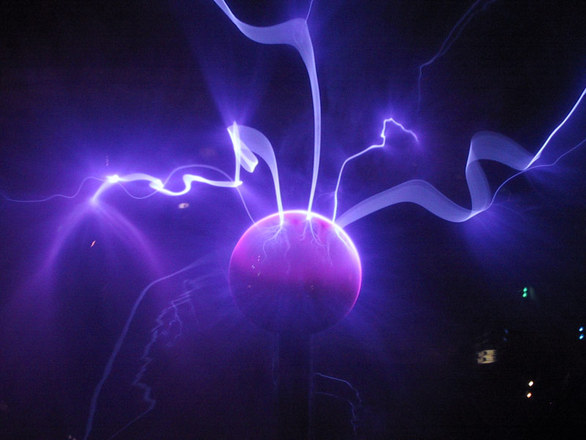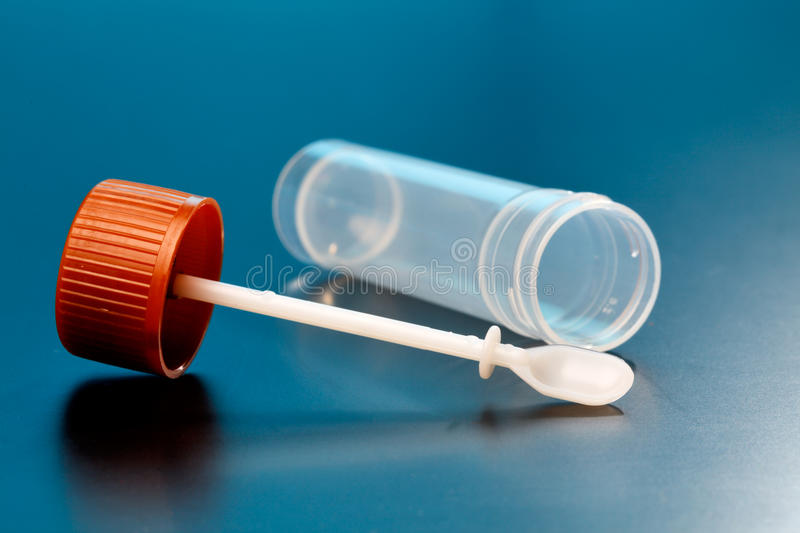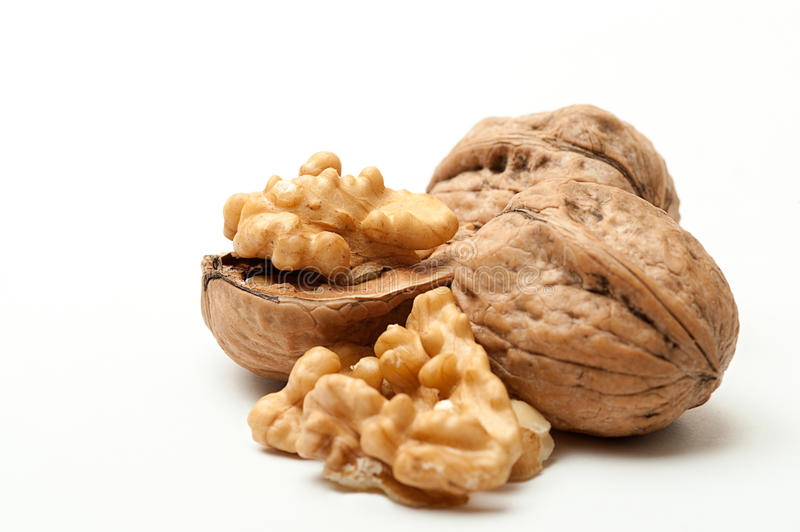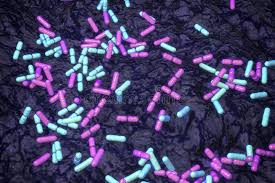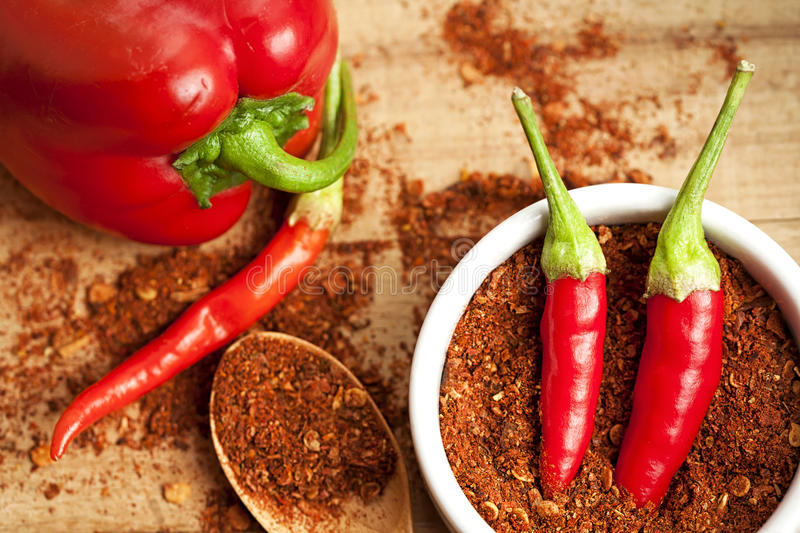Gut bacteria that regulates cholesterol
Aug
24
Though more study is needed, early clues reveal cholesterol sulfate acts as a signaling molecule for a slew of biological pathways, according to a study published August 18 in Nature Microbiology and reported by Phys.org (1).
National Institute of Health says cholesterol sulfate is metabolized in different pathways. While it’s function of remains an enigma, cholesterol sulfate has emerged as a regulatory molecule, and serves an important stabilizing role (2).
1) https://phys.org/news/2022-08-gut-bacteria-cholesterol.amp
2) https://pubmed.ncbi.nlm.nih.gov/12730293/



